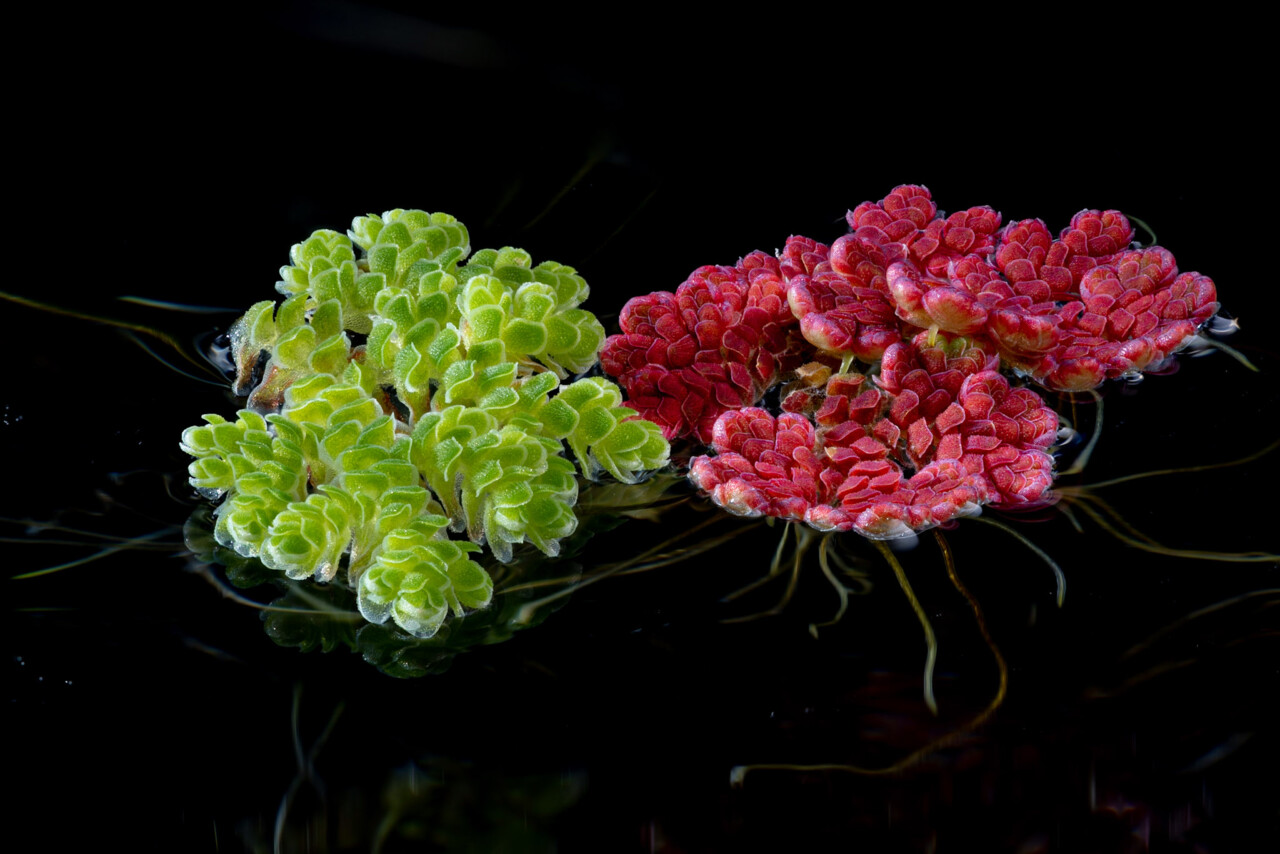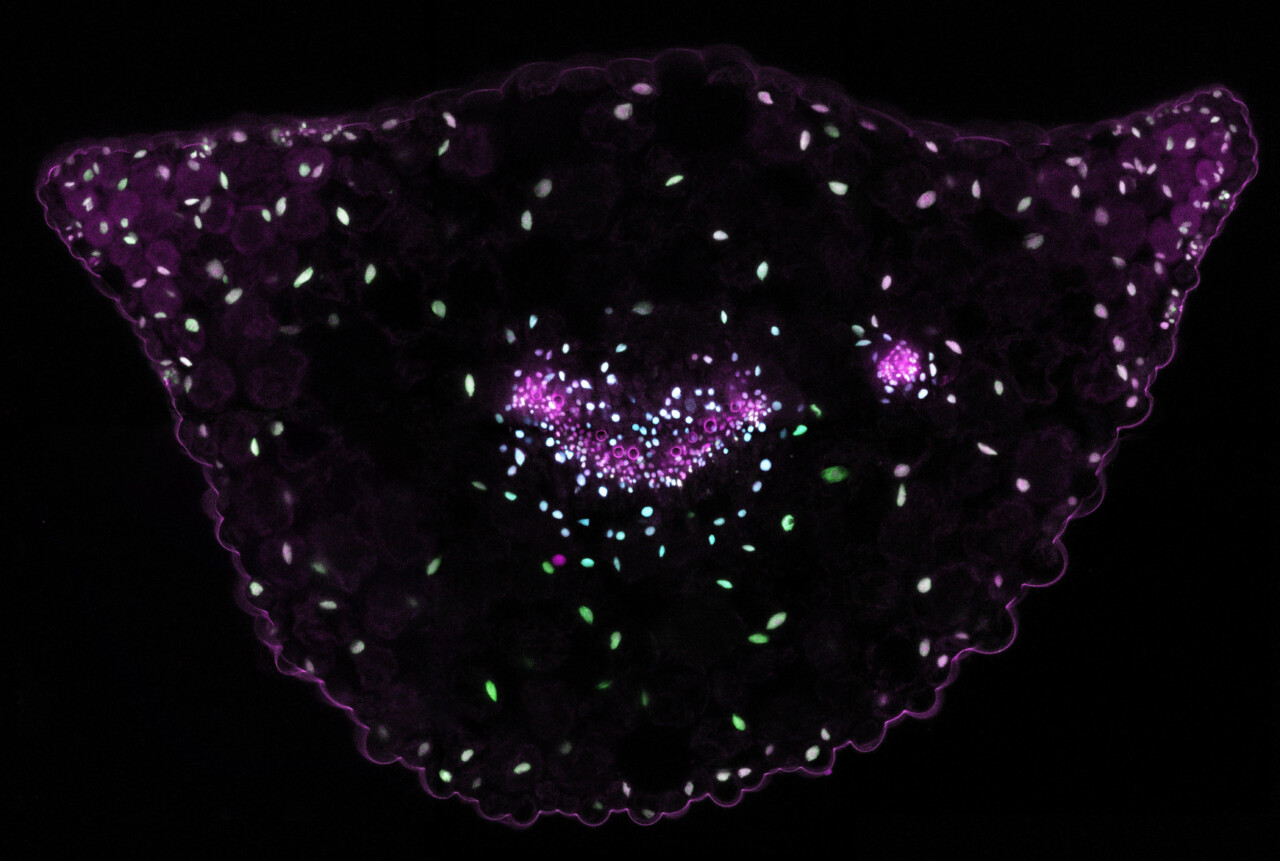
WEES – Elisabeth Bolund
Workshop: C4014
Seminar: C3033
Seminar: The evolution of sexually dimorphic life histories
Elisabeth Bolund, Assistant Professor, Uppsala University (Sweden), Department of Ecology and Genetics, Animal Ecology
Optimal life histories are often different for males and females, yet they largely share the same genome leading to a conflict over trait expression. We expect stronger conflict when individuals mate with multiple partners over life and weaker conflict under monogamy when the evolutionary interests of the two sexes are more closely aligned. Conflict between the sexes can be resolved by decoupling the genetic basis of the trait, allowing the evolution of sexual dimorphism. However, different traits are seldom independent and evolutionary trajectories are affected by covariances between different traits, so we need to use a multivariate perspective if we are to reach a deeper understanding of how sexual dimorphism evolves. Focussing on life history traits related to reproduction and lifespan, I compare historic human populations with different mating systems and combine this with experimental evolution approaches in the nematode worm C. remaneiand in the seed beetle C. maculatus. In the lab, we can subject populations of beetles and worms to different mating systems or sex ratios and allow them to evolve over many generations. This allows me to study how the mating system effects the evolution of sexual dimorphism. To reach a deeper understanding of the process, I use multivariate quantitative genetic methods that take into account the fact that the structure of genetic variances and covariances between traits (the G matrix) can be different in the two sexes and also between traits between the sexes (the B matrix), which can constrain or facilitate the evolution of sexual dimorphism. The stability of G and B over evolutionary time remains an open question. I therefore explore how G and B change over many generations to determine if more intense sexual conflict leads to a faster resolution by facilitating the evolution of sexual dimorphism. This sex-specific multivariate perspective offers a promising avenue to explain widespread sexual dimorphism despite shared genomes.
Integrating life history, behavior and physiology using the concept of pace-of-life syndromes
Pace-of-life syndromes (POLs) has gained increasing traction as a concept in life history theory in the last few years. It provides us with a unifying framework to understand the integrated evolution of life history, behaviour and physiology, and is firmly rooted in the concept of trade-offs between reproduction and survival or future reproductive value. POLs attempt to explain why these traits often seem to covary along a slow-fast continuum between individuals, populations and species, and can help us understand how individuals and species vary in how they cope with different environments. Although the basic tenets of the POLs hypothesis are well-established, there are several open questions. In this workshop, we will discuss the generality of the hypothesis, which traits are expected to constitute POLs, and how these traits can be de-coupled when environmental pressures change. In addition, we will especially focus on the fact that the sexes often differ in their optimal life history strategies, often in a way that fits well with the slow-fast continuum idea forming the basis of the POLs hypothesis.
As preparation for the workshop please read the following:
Dammhahn, M., et al. 2018. Pace-of-life syndromes: a framework for the adaptive integration of behaviour, physiology and life history. Behavioral Ecology and Sociobiology 72(3):62.
Hämäläinen, A., et al. 2018. Evolution of sex-specific pace-of-life syndromes: causes and consequences. Behavioral Ecology and Sociobiology 72(3):50.
References also available upon registration.
The workshop for those interested is organized from 13:30 to 15:00 in room C4014, Orion building. Registration is required(space limited to 15), email Manja Saebelfeld. The workshop gives attendees the possibility to meet the speaker of the seminar and have a discussion based on recent publications. The workshops are a good possibility to get acquainted with hot topics in science and to learn how to discuss these topics with leading scientists in the field. Furthermore, BSc and MSc students can get 1 ECTS for attending 2 workshops.
WEES background
WEES is an initiative of PhD students and postdocs at Wageningen University to organize a continuing series of stimulating seminars on contemporary topics in evolution and ecology. We aim to bring together different groups at Wageningen University using a variety of systems, but with a common interest in evolutionary and ecological questions. For this series we invite researchers from all over the world who have leading roles in their field. After the talk there will be drinks for an informal discussion. WEES is funded by graduate schools PE&RC, WIMEK, EPS, VLAG, and WIAS.
For more information please visit: www.weeswageningen.nl, Like us on Facebook, or join the Facebook Group for more participation.
Thursday, March 21, 2019 through March 22
Workshop: 13:30 Seminar: 16:00
WUR – Orion
Bronland 1, Wageningen



